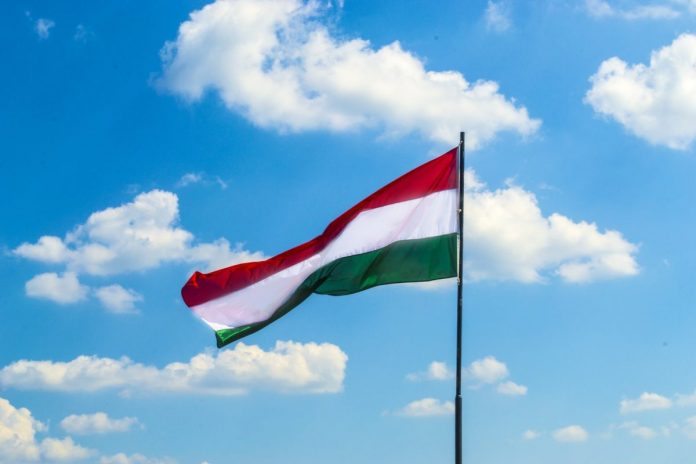The Hungarian government has asked the Hungarian Energy and Utilities Regulatory Authority (MEKH) to kick off the country’s next METAR renewables auction in July.
Peter Kaderják, state secretary for energy and climate policy, said the procurement exercise will be launched in July with an annual budget of HUF800 million ($2.6 million) and will contract around 390 GWh per year. About 40 GW will be reserved for the Small PVPP category, including installations between 300 kW and 1 MW. The government will set aside 350 GWh for the Large PVPP group, including projects ranging in size from 1 MW to 50 MW. In the previous auction, finalized in March, the limit for the second category was 20 MW.
In the smaller category, developers can bid for a maximum of 15 GWh per year, while in the larger group, the eligible power up for grabs is 175 GWh per year. The MKEK will grant 15-year feed-in premium payments to the successful projects to top up wholesale electricity prices. The tender is part of the Hungarian government’s METAR-KAT renewables incentive program, which was launched in 2017.
“A total of five new METAR auctions are expected to be held by August 2022,” Kaderjak said, adding that Hungary is expected to reach 3 GW of installed solar power by 2022 and 6 GW by 2030.
“The announcement of the auction is a vital sign for investors facing challenges entering to the Hungarian market, that include FOREX risk with Euro-denominated capital costs to be paid for by HUF contracted prices, alongside to consider the proximity-aggregation rule as a constraint in geographical site selection and tender documentation issued only in Hungarian,” Hungarian renewable energy specialist, Ferenc Kis, told pv magazine. “However, the 6 GW capacity goal until 2030 and the announced roadmap for 1500-2500 GWh capacity increase by 2022 in the coming 30 months will likely bring Hungary to the focus of solar portfolio managers.”
In the the first pilot auction held in March, the government awarded almost all the 131.9 MW capacity to solar projects. The final average price was HUF24.81/kWh in the first category and HUF21.69/kWh in the second. The lowest bid of HUF20.20/kWh was submitted for a 20 MW solar plant.
According to the latest statistics from the International Renewable Energy Agency (IRENA), Hungary had installed 1.28 GW of solar by the end of 2019. New capacity additions hit 551 MW last year.






